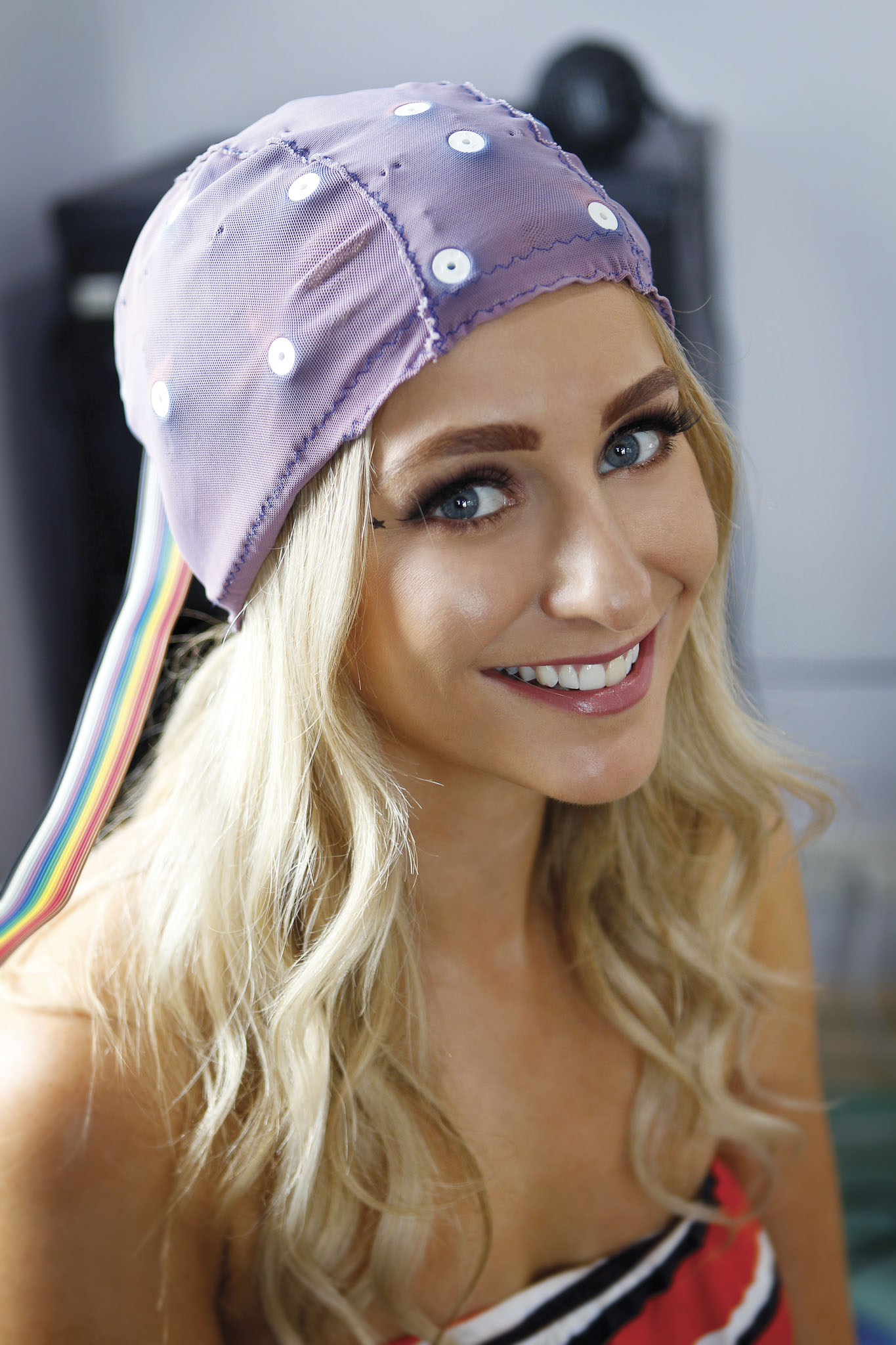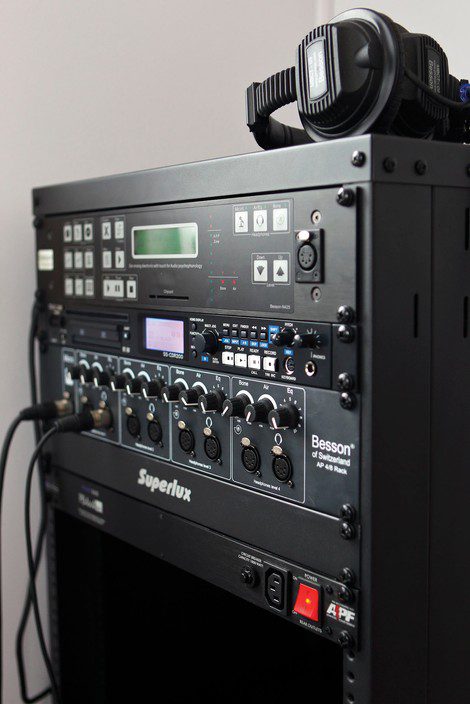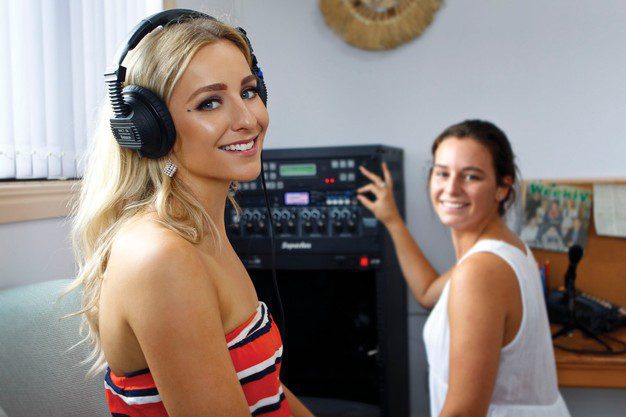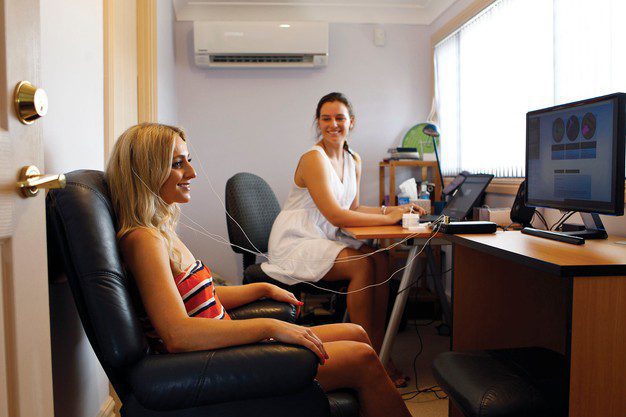UNCATEGORIZED
Hitting The High Notes

WORDS: PHOTOGRAPHY
The real magic of scientific research is being able to apply it to every day life and make a significant difference. This is exactly what the Brain, Mind and Memory Centre in Tweed Heads is focused on.
The friendly clinic is focused on treating a wide range of psychological conditions, including children who are ‘labelled’ as having behavioural issues such as ASD, OCD or ADHD. It’s also a centre that professionals turn to for peak performance training. Essentially, this is the place to come if you want to be your best self.
For this edition of ORM, we went along to learn more about ‘Peak Performance’ training.
Managing Director Dr Rustam Yumash tells ORM, “We can all achieve more – all of us. Every single one of us has a brain which is capable of training and learning new patterns to fulfil our true potential.”
Today, we’re at the clinic to meet Jamie-Lee Fox. The Brisbane based singer performs solo gigs and also with Millennium Band, a 5-piece ensemble. The band play corporate and private gigs; that ranges from Christmas Carols at Brisbane Westfield and club gigs, to adding that special vocal high to weddings around Australia.
Sydney Stokes, who has worked at the Brain, Mind and Memory Centre for nearly six months is a singer too, and good friend of Fox’s. In her position she has combined her psychological studies with passion for singing.
“I’ve known Jamie-Lee for ten years,” she says. “We met through singing in 2008. Vocally, she has a slightly lower range. The more I learnt about auditory training through my work at Brain, Mind and Memory Centre, the more intrigued I became with regards to what we could do with Jamie-Lee to expand her vocal range.”
Jamie-Lee was intrigued to find out more too. She, like many singers, is used to adapting songs to suit her vocal range.
In a groundbreaking move, this auditory training will enable her to enlarge her range. “This has huge potential for me as a singer,” Jamie-Lee tells ORM. “I’m fascinated by the entire process. I can’t wait to get started!”
Intensive training is perfect for anyone, Jamie-Lee included, who has a hectic schedule to work around. With three and a half days of intensive training, fitted in around her band’s commitments, she will be focusing on reaching peak performance. That’s around 12 hours of auditory training, which offers some serious progress over a short period of time. Such intensive blocks also work well for children during school holidays.
The first step is a pre-assessment.
Managing Director Dr Rustam Yumash tells ORM, “Our process is unique in Australia. All the initial data we gather is sent off to the world’s leading neuroscientists where it is compared to a normative database. Within around 7-10 days we have information back which enables us to design neurofeedback programs that will make a difference to individual patients. We are teaching patients how to fish rather than giving them fish. We are teaching strategies that will be with them for life.”
In Jamie-Lee’s case, the key appears to be that we humans can’t produce what we can’t hear. It is via a process of re-mapping the brain that will enable it to emulate a larger scale. Imagine the training as fulfilling potential, encouraging an individual to go up a gear and in this instance, literally hit those high notes.
Stoke’s work as part of the auditory processing team, changes the way patients respond to what they hear in the world around them. It’s a process that was initially developed for opera singers to have better control of their voices.
Yumash says, “It’s like driving a car in the wrong gear – it’s not slick, fluid or running well. Then you find the right gear, ease into that and get the very best out of the car. This is an analogy that can be applied to all aspects of human behaviour. After all, behaviours are automatic, we respond on autopilot. This low frequency re-training achieves positive changes.”
And there it is, the magic of scientific research being applied to every lives – and making a really noticeable improvement.
Brain Mind & Memory Centre
Personality Neuroscience based care for your brain and mind health
36 Beryl Street
Tweed Heads
NSW 2485
T: 755 992220
W: mindmatters.com.au
“I feel like my ears have been opened up”
Jamie Lee has started her treatment, so far having completed five hours.
Stokes says: “We completed a QEEG and ERP’s Analysis and two hours of Auditory Training. One hour into the training she mentioned an odd sensation in her right ear. As it turns out, this ear has been affected by her performance as this is the side she wears her ear piece. This told me that the muscles were being exercised, just as your arms would at the gym when lifting weights.
Jamie-Lee says: “I was driving in the car listening to the radio after the treatment. All of a sudden I was overwhelmed with the sound of a triangle being played in a song which I have heard many times before. I’m so excited to listen to more music and perform tonight, I feel like my ears have been opened up and I am noticing more already.”














